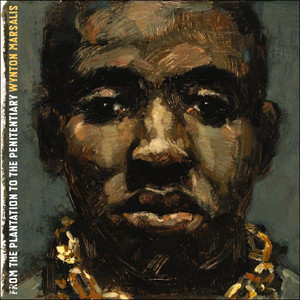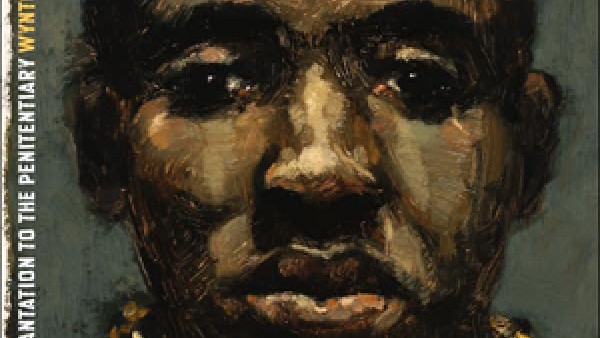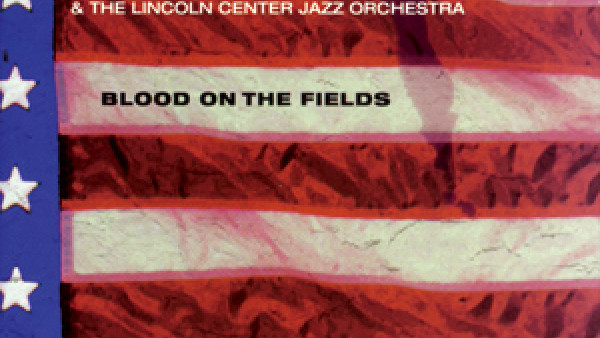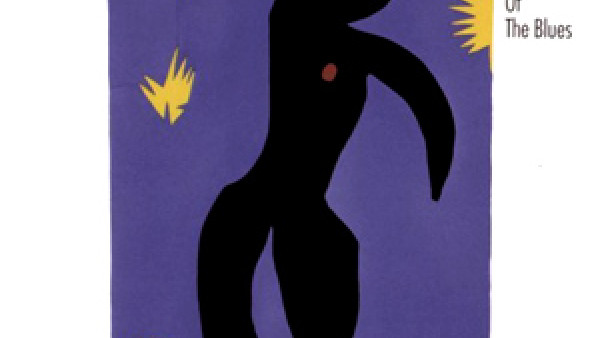Marsalis blasts political and societal inequities
For those who think of Wynton Marsalis as a purveyor of gauzy romantic ballads and composer of epic symphonic works, the trumpeter has a surprise in store.
“From the Plantation to the Penitentiary,” to be released Tuesday on Blue Note Records, ranks as Marsalis’ most explicitly political statement to date, even as it draws on themes from earlier recordings.
By obliquely calling President George W. Bush a “blunderbuss,” indicting gangsta rap as a culture of “killing and freakin’” and asserting that “the left and the right got the country sinkin’,” Marsalis has fashioned his latest recording as something of a cultural manifesto.
His most acerbic social criticism, including the aforementioned examples, emerges in the album’s bitter, climactic finale, a self-styled chant called “Where Y’All At.” Delivering his text as if from the pulpit — above a New Orleans backbeat — Marsalis decries ineffectual ’60s radicals, would-be revolutionaries, Republicans, Democrats, CNN, Fox News and practically the entire red-versus-blue culture in which we live.
More targets
His voice often hoarse and nearly shouting, his hurried phrases practically tumbling one onto the next, the trumpeter sounds angrier and more impassioned than even in the early days of his career, more than 20 years ago. Back then, he drew critical fire for lambasting rock and rap and other facets of American youth culture.
Now his range of targets has grown wider.
Though “Where Y’All At” may sound as if it’s some kind of political diatribe, it actually represents the natural conclusion to an album that slowly and inexorably lays out its case, before reaching its startling final minutes.
From its title track, which opens the recording, Marsalis bemoans how American life — and African-American life — has devolved from emancipation to the present day.
“From the plantation to the penitentiary, from the `yas-suh boss’ to the ghetto minstrelsy,” singer Jennifer Sanon cries in the opening track, above a vamping, chain-gang rhythm.
“From the work-long days to the dope and drinking craze,” she continues, “from the stock in slaves to the prison building trade.”
Practically every track that follows builds on the motif of a culture tragically in decline.
In “Find Me,” Sanon laments homeless souls “roaming the streets night and day.” In “Love and Broken Hearts,” she quotes misogynous vulgarities common to gangsta rap, then whispers: “It’s time for the return of romance, it’s time for you and me to slow dance.”
If Marsalis’ text is more detailed than ever in chronicling his view of our society’s shortcomings, it shouldn’t catch listeners totally unaware, if only because these themes long have been nascent in his work.
In the sprawling “Blood on the Fields,” which won Marsalis a Pulitzer Prize in 1997, the composer chillingly evoked the genocidal horrors of American slavery. Even in his first great album, “The Majesty of the Blues,” of 1989, an entire movement unfolds as a vast sermon on the nobility of jazz in America’s brazenly commercial musical culture (the text was written by essayist Stanley Crouch).
Now, however, Marsalis has named names, yet he has done so within the context of a steeped-in-blue score that enhances the power of his message.
Innocence
Certainly in choosing Sanon to deliver all the lyrics except the finale, Marsalis has found an unusually disarming artist to give voice to his ideas. Using scant vibrato and unfurling her lines without ornamentation or artifice, Sanon brings a youthful innocence to the proceedings that even skeptical listeners may find difficult to resist.
More important, Marsalis has used his instrumental quintet so that it sounds larger than it might seem, evoking the sound of his more famous septet of the 1980s and early ’90s (still the best group he ever led). In effect, its azure colorings, incantatory rhythms and romantic yearnings represent the antithesis of the modern-day culture Marsalis condemns.
No doubt the tough-talking stance of his CD will not be welcomed by everyone, yet Marsalis surely has taken pains to create a melodically inspired, rhythmically alluring album that stands on its own as a work of music — even apart from its flame-throwing lyrics.
With saxophonist Walter Blanding often suggesting the spirit of John Coltrane on saxophones and Marsalis producing characteristically poetic solos on trumpet, “From the Plantation to the Penitentiary” reaffirms Marsalis’ unique position as jazz virtuoso and cultural commentator.
It also proves that, in the right hands, political discourse can swing.
– By Howard Reich, Tribune arts critic
Source: Chicago Tribune




